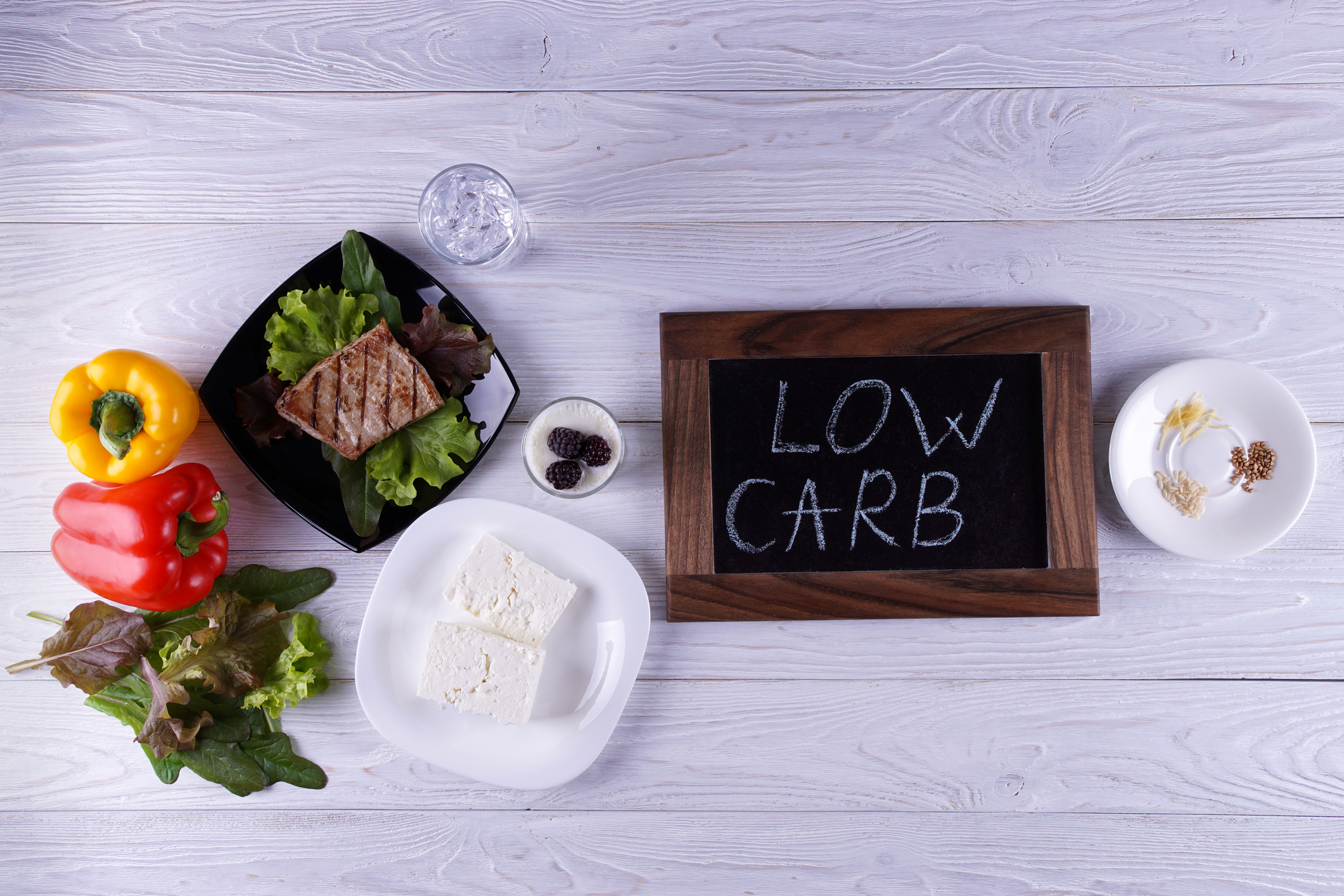Get Easy Health Digest™ in your inbox and don’t miss a thing when you subscribe today. Plus, get the free bonus report, Mother Nature’s Tips, Tricks and Remedies for Cholesterol, Blood Pressure & Blood Sugar as my way of saying welcome to the community!
The low-carb link to heart problems

I’ve been a big proponent of low-carb diets. In fact, I’ve been on Keto and my husband has eaten Paleo for over four years. When we slip and go back on carbs, we don’t feel as good. We’re more sluggish and bloated and experience more brain fog.
Put simply, I feel better when I eat low-carb. The only problem with that is that over the last year, I’ve started having heart issues. It can feel like it pounds and then skips beats, leaving me trying to catch my breath and a little light-headed. According to my cardiologist, it’s likely what’s known as atrial fibrillation or AFib – a condition that can lead to stroke and heart failure.
Now, a new study is saying that the low-carb diet I love could have actually caused my heart problem and that you could develop AFib, too, if you’ve been cutting carbs.
Cutting carbs, raising risks
The study, presented by the American College of Cardiology, analyzed the health records and diets of nearly 14,000 people spanning a period of more than two decades. It’s the first and largest to look at the relationship between carbohydrate intake and AFib.
The researchers divided the participants into three groups:
- Low carb intake (carbohydrates made up less than 44.8 percent of their daily calories)
- Moderate carb intake (carbs were 44.9 to 52.3 percent of calories)
- High-carb eaters (more than 52.4 percent of their daily calories were from carbohydrates)
They found that of all of the groups, the people who ate low-carb diets were the most likely to develop AFib. In fact, they were 18 percent more likely to end up with AFib than moderate carb eaters and 16 percent more likely to have an AFib diagnosis than the high carb group.
If you’re like me and you love eating lo- carb, you may be thinking like I did that the AFib issue was probably caused by the type of protein the low-carbers chose. After all, if they ate fatty, non-grass fed meats that could be why they were having heart problems, right?
Well, think again…
According to Xiaodong Zhuang, M.D., Ph.D., a cardiologist at the hospital affiliated with Sun Yat-Sen University in Guangzhou, China, and the study’s lead author, “Low carbohydrate diets were associated with increased risk of incident AFib regardless of the type of protein or fat used to replace the carbohydrate.”
That’s bad news for all of us Keto, Paleo and Atkins fanatics.
The low-carb link
So, if it’s true that any type of low-carb diet, regardless of the protein or fat eaten to replace the carbs, could up your risk of AFib, what’s the link?
Well, the team notes that there are several potential explanations…
The first is that when you eat a low-carb diet, you tend to eat fewer vegetables, fruits and grains. Since these foods are known to lower inflammation and inflammation is linked to the development of AFib, that could be the answer.
Another potential mechanism according to the researchers is the fact that eating more protein (which happens for a lot of Paleo followers) may lead to oxidative stress, which is also linked to a higher risk of AFib as well as other forms of heart disease.
Now, for all of us low-carbers, it’s also good to note that while the research shows an association, it can’t prove cause and effect, so more studies are still needed. But for me, since I’m already showing the signs of AFib, I plan to add some good carbs back into my diet.
With this new research, it’s important to weigh the risks and benefits of going low-carb. On the one hand, you have the potential weight loss it can bring… which could benefit your heart… and on the other, the potentially higher risk of atrial fibrillation (which carries five times higher risk of stroke). It’s not an easy decision, and each low-carb dieter has to decide what’s best for them.
Editor’s note: There are perfectly safe and natural ways to decrease your risk of blood clots including the 25-cent vitamin, the nutrient that acts as a natural blood thinner and the powerful herb that helps clear plaque. To discover these and other secrets of long-lived hearts, click here for Hushed Up Natural Heart Cures and Common Misconceptions of Popular Heart Treatments!
Sources:
- Low-carb diet tied to common heart rhythm disorder — American College of Cardiology














